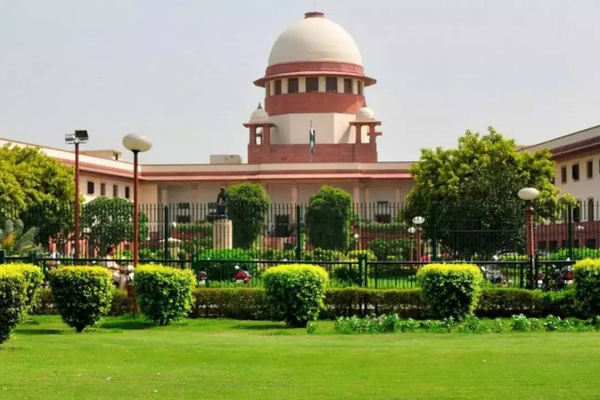The Supreme Court delivered a judgement on the interpretation of the Juvenile Justice Act in the case of “Child in Conflict with Law (CCL) through his mother v. State of Karnataka”.
Key Highlights of the Judgement:
Appeal Process:
- Appeals against preliminary assessment orders of the Juvenile Justice Board (JJB) should be filed before the Children’s Court where available, not the Sessions Court.
- There is a 30-day time limit for filing such appeals.
Preliminary Assessment Timeline:
- The court clarified that the 3-month period for completing preliminary assessments is not mandatory but directory in nature.
About Juvenile Justice (Care and Protection of Children) Act, 2015:
- The Juvenile Justice (Care and Protection of Children) Act was enacted in 2015, replacing previous juvenile delinquency laws and the Juvenile Justice Act of 2000.
- It aims to amend and consolidate laws relating to children in conflict with law (CCL) and children in need of care and protection (CCP).
- Children in Conflict with Law (CCL) refers to children below 18 years who are alleged or found to have committed an offence.
- The Act mandates the establishment of Juvenile Justice Boards (JJBs) in every district to handle cases involving CCLs.
- Juvenile Justice Boards are crucial as they assess whether minors aged 16-18 involved in heinous crimes can be tried as adults.
- This preliminary assessment by the JJB is critical to determine the capacity of the child to commit the crime and understand the consequences of their actions.
- Following the assessment, the Children’s Court has the authority to decide if the child can be tried as an adult.
- Adoption laws were also revised under the JJ Act, 2015, making it easier for orphans, abandoned, and surrendered children to be adopted.
- It replaces outdated adoption laws such as the Hindu Adoptions and Maintenance Act (1956) and the Guardians of the Ward Act (1890).
- The Central Adoption Resource Authority (CARA) has been established as the statutory body to oversee adoption procedures.
- All Child Care Institutions (CCIs), whether run by the state or non-governmental organizations, must register within six months from the commencement of the Act.
- The Act emphasizes the importance of timely registration of CCIs to ensure compliance with the new legal framework and safeguard the welfare of children.
- The Juvenile Justice Act, 2015, plays a vital role in the care and protection of children, providing a structured approach to both juvenile justice and child welfare.
Ref: Source
| UPSC IAS Preparation Resources | |
| Current Affairs Analysis | Topperspedia |
| GS Shots | Simply Explained |
| Daily Flash Cards | Daily Quiz |



